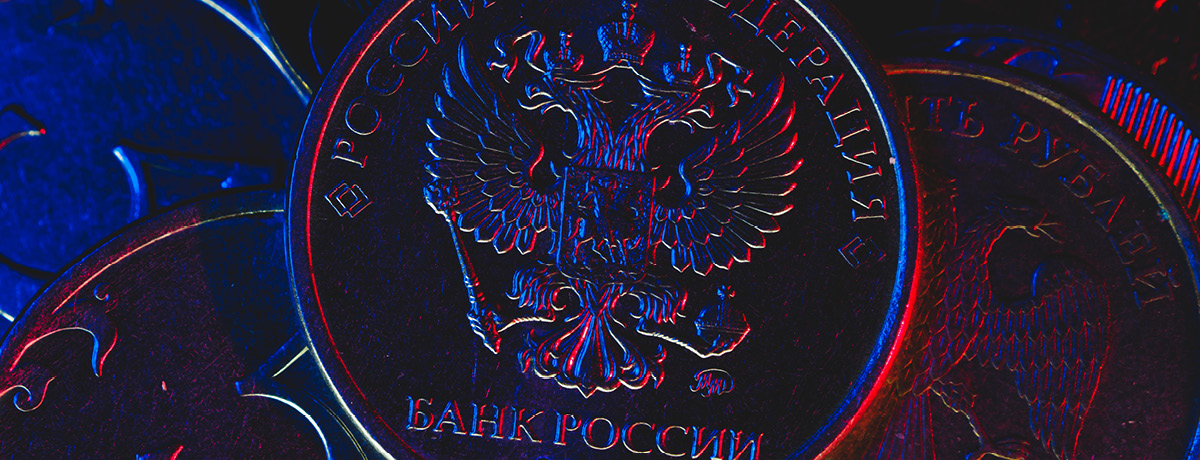In our Best Lawyers All Rise newsletter last week, we explored the growing rise of electronic payment methods by law firms. As the global pandemic changed nearly every aspect of our lives in some way, the need for e-payment processes, from online shopping to paying bills, has seen a steady increase. According to the 2021 Law Firm Revenue Report, firms saw an overall increase of 6.7% in revenue despite a drop of 20.4% in overall invoice receipt. This means that, despite the lack of invoice paper trails, firms were still being paid, likely through e-payments. The days of sending checks in the mail are being replaced by a few simple clicks. E-payments, after all, can be made from even the smallest of our technological tools.
With these changes developing among firms across the United States, how, then, are other countries adapting? Russia, whose 2022 Best Lawyers recognitions were just announced, is looking towards digital currency and e-payments as the future financial system, according to Elvira Nabiullina, Russia’s central bank governor.
Nabiullina explained to CNBC that “there is a need for fast, cheap payment systems, and central bank digital currencies can fill that gap.” She believes that digital currency is a big part of the future for Russia’s financial system. According to CNBC, Moscow is already working towards a prototype that they plan to have complete by the end of this year.
What about Bitcoin?
Bitcoin, which was created in 2009, is a type of virtual currency used to facilitate instant payments, according to Investopedia. It is a type of cryptocurrency, with no physical form, like coins or paper bills. It is a digital-only payment that can be kept as a balance. Bitcoin is not supported by banks or governments and does not have the same value of physical money (like Russian rubles or U.S. dollars). Bitcoin is still not a legalized, centralized or taxable tender, but it remains popular all the same. Up until last year, Bitcoin and other types of cryptocurrencies were not legal in Russia at all, and they still may not be used to make e-payments.
These central bank digital currencies being developed in Russia, however, are not Bitcoin. These cryptocurrencies will be government and bank endorsed and will have equal value to their cash ruble counterparts. Nabiullina explained that the process with be slow, as it poses many challenges both technologically and legally. She predicts working across countries through these digital currency systems could be tricky, especially considering each country has their own developmental timelines and processes. With banks across the world all creating their own system, Nabiullina notes that potential difficulties could arise through connecting systems across borders.
“De-dollarization”
In effort to avoid U.S. sanctions, countries like Russia, Chinaand those within the European Union have been slowly moving away from using U.S. dollars and other physical currency. CNBC cited Anne Korin, co-director of the Institute for Analysis of Global Security, who mentioned the “’growing number’ of ‘very powerful’ players who want to undermine the importance of the greenback” (U.S. cash).
The shift towards countries like Russia having their own digital financial system of currency is a slow one, but it is steady, and according to Nabiullina, slow or not, it will happen.































